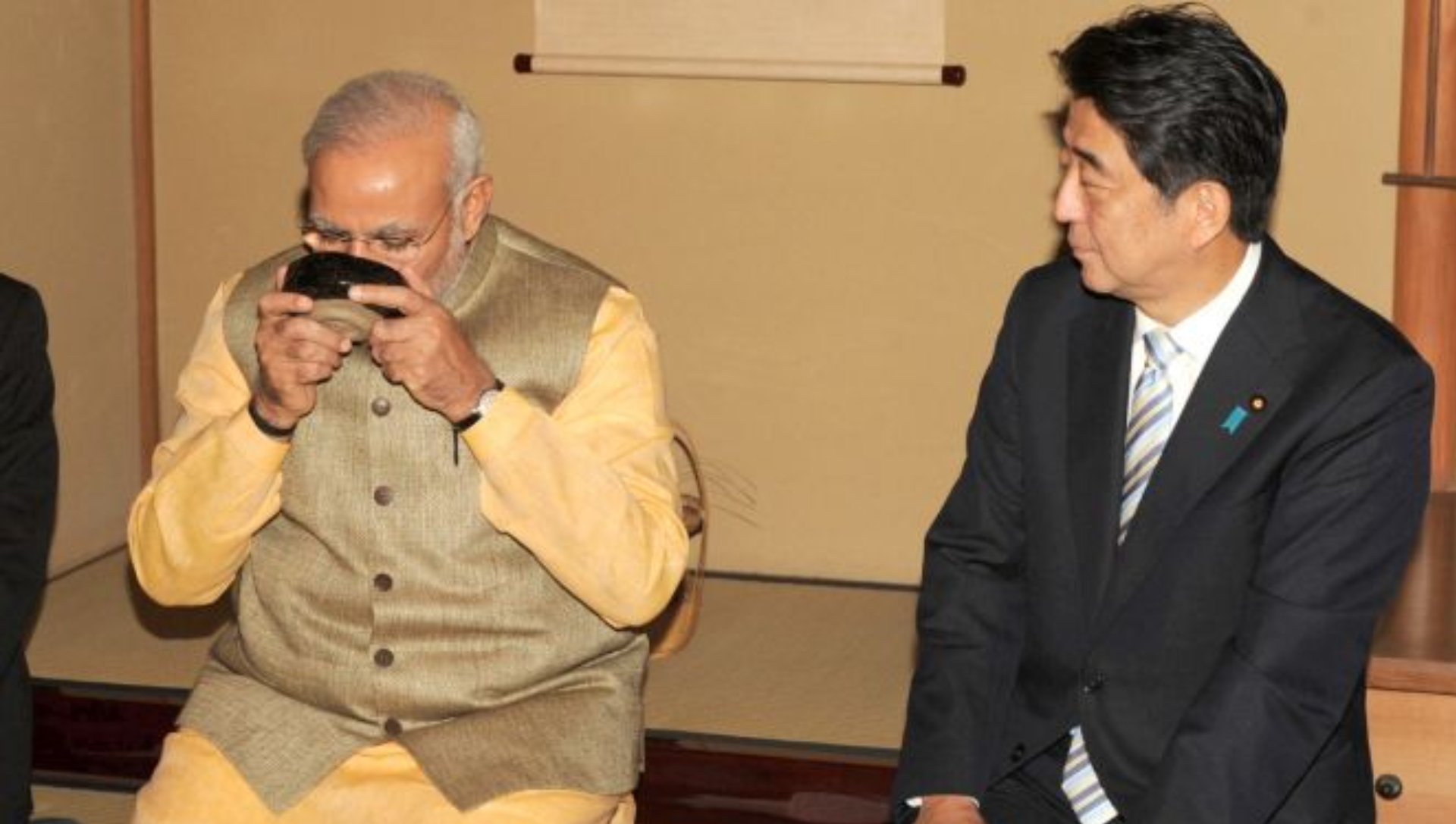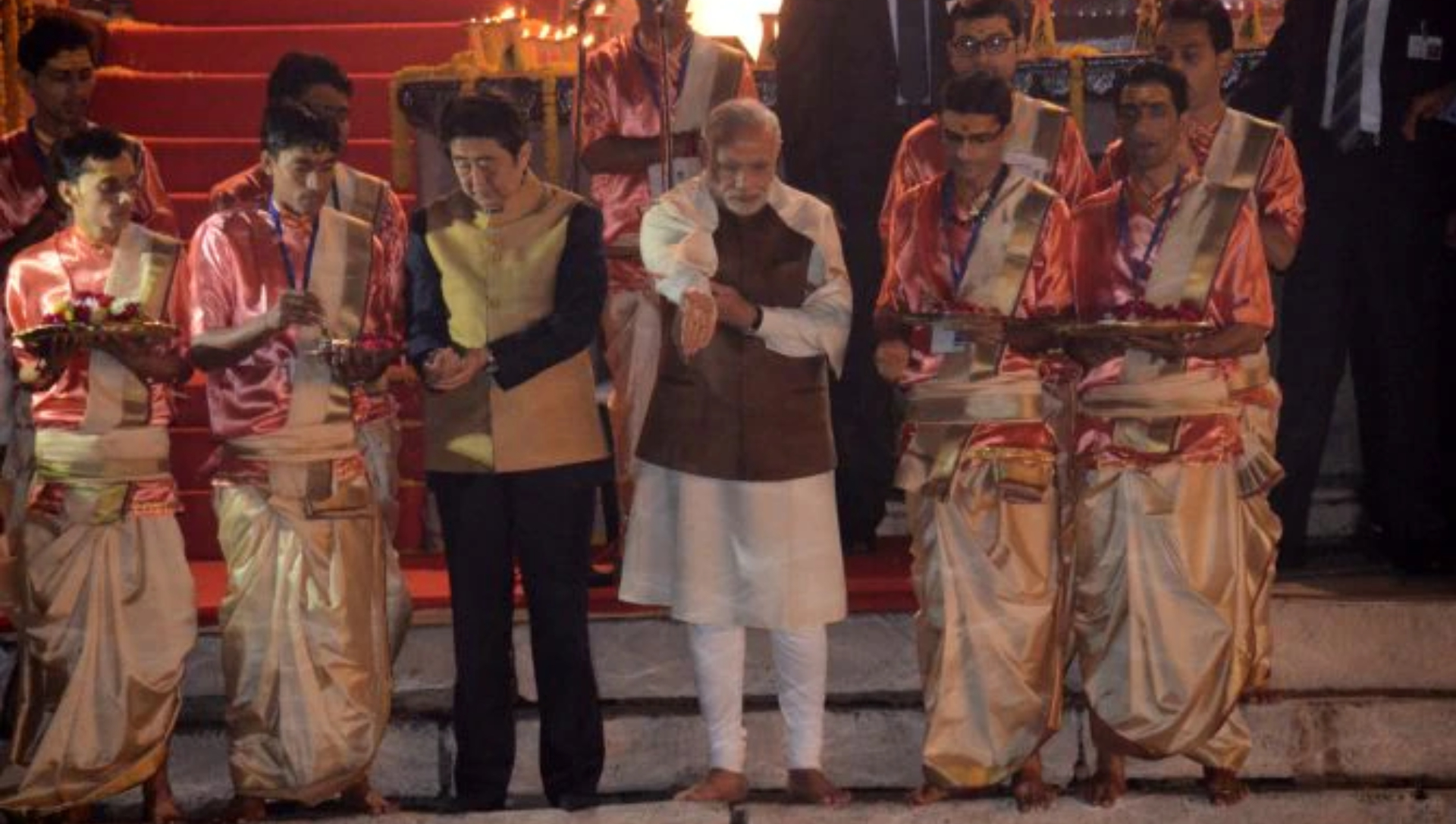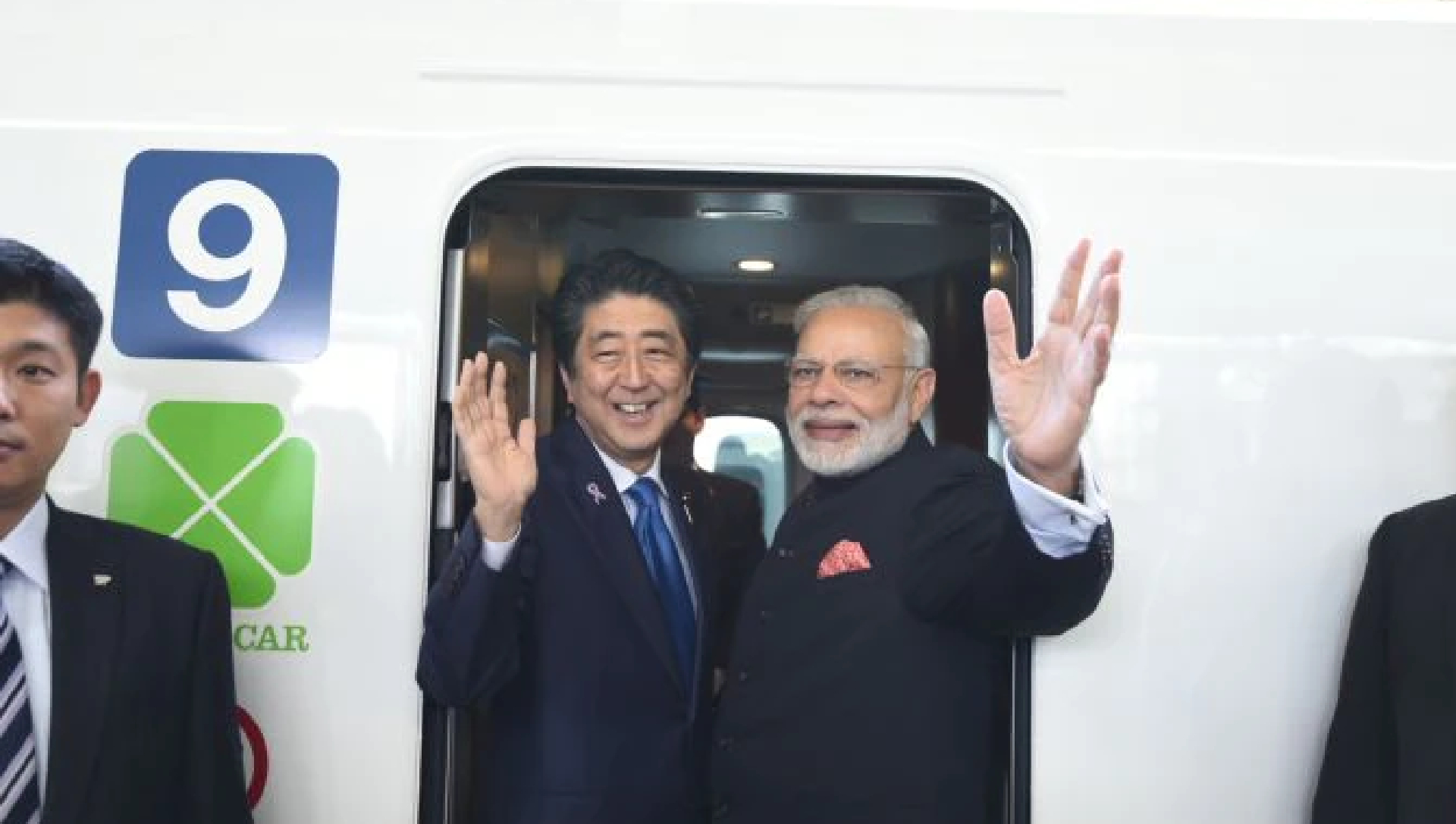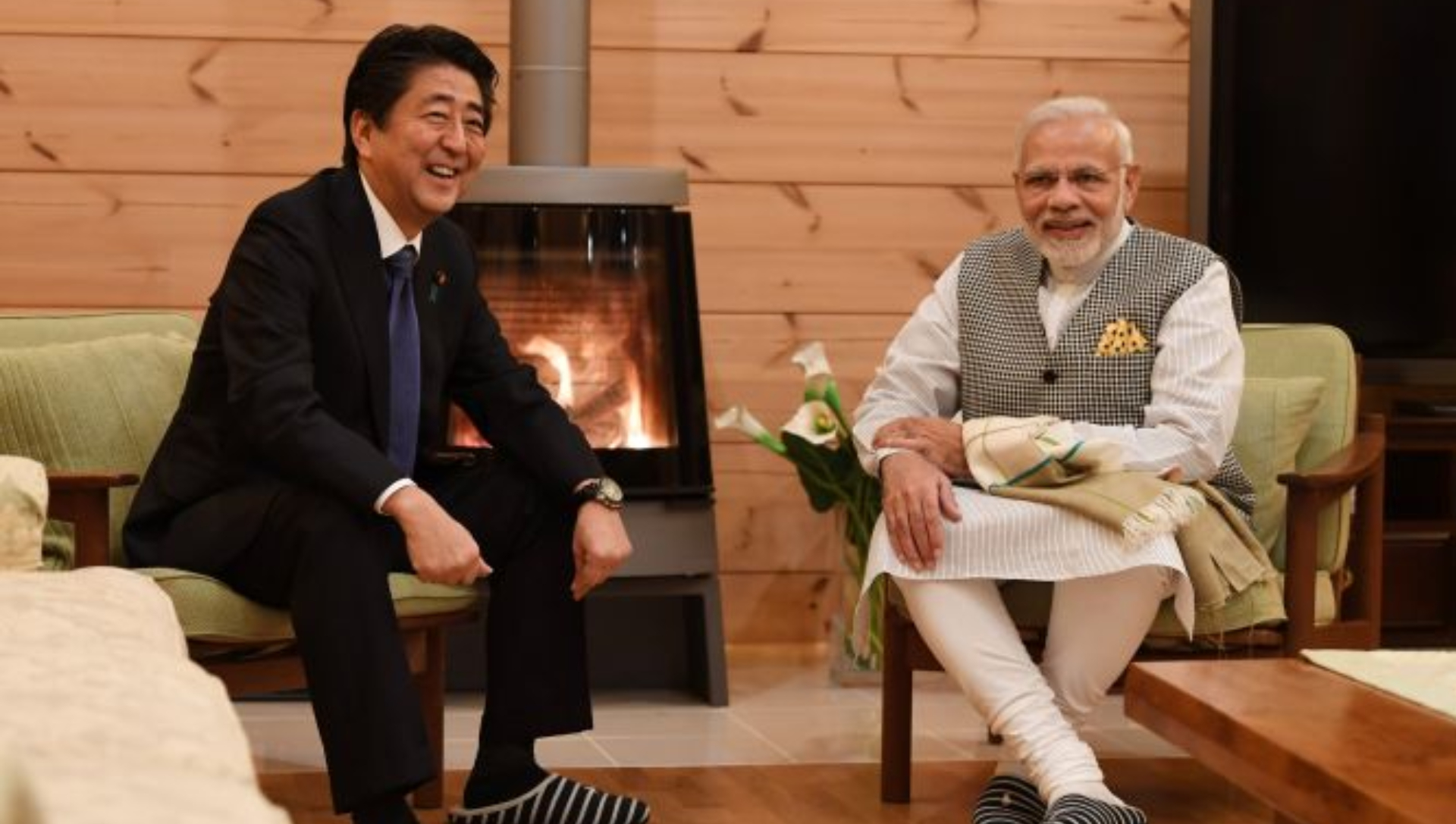NEW DELHI: Prime Minister Narendra Modi is not known for showing too many emotions in public. However, Friday was one such occasion when the indomitable leader let the guards down as he penned a soul-stirring post following the shocking assassination of former Prime Minister of Japan Shinzo Abe.
Highlighting their famous camaraderie, PM Modi termed Abe as “an outstanding leader of Japan, a towering global statesman and a great champion of India-Japan friendship”.
Expressing his grief at the death of Abe, PM Modi wrote, “Japan and the world have lost a great visionary. And, I have lost a dear friend.”
Recalling their first meeting, PM Modi wrote, “I first met him in 2007, during my visit to Japan as the Chief Minister of Gujarat. Right from that first meeting, our friendship went beyond the trappings of office and the shackles of official protocol.”
“Our visit to Toji temple in Kyoto, our train journey on the Shinkansen, our visit to the Sabarmati Ashram in Ahmedabad, the Ganga Aarati in Kashi, the elaborate tea ceremony in Tokyo, the list of our memorable interactions is indeed long,” PM Modi wrote.
“And, I will always cherish the singular honour of having been invited to his family home in Yamanashi prefecture, nestled among the foothills of Mt. Fuji,” he added.
“Even when he was not the Prime Minister of Japan between 2007 and 2012, and more recently after 2020, our personal bond remained as strong as ever,” PM Modi wrote.
PM Modi said that his meetings with Abe were “intellectually stimulating” and it is Abe’s counsel that helped him shape the economic choices for Gujarat.

“Every meeting with Abe San was intellectually stimulating. He was always full of new ideas and invaluable insights on governance, economy, culture, foreign policy, and various other subjects,” PM Modi wrote. “His counsel inspired me in my economic choices for Gujarat. And, his support was instrumental in building Gujarat’s vibrant partnership with Japan,” he added.
PM Modi also said that working with him helped him “bring about an unprecedented transformation of the strategic partnership between India and Japan”.
“From a largely narrow, bilateral economic relationship, Abe San helped turn it into a broad, comprehensive one, which not only covered every field of national endeavour but became pivotal for our countries and the region’s security,” PM Modi wrote.
Praising Abe for making decisive choices, PM Modi wrote, “For him, this was one of the most consequential relationships for the people of our two countries and the world. He was resolute in pursuing the civil nuclear agreement with India – a most difficult one for his country – and decisive in offering the most generous terms for the High-Speed Rail in India.”
Talking further about Abe’s contribution to Indo-Japan relationships, PM Modi said, “As in most important milestones in independent India’s journey, he ensured that Japan is there side by side as New India accelerates its growth.”
“His contribution to India-Japan relations was richly recognised by the conferment upon him of the prestigious Padma Vibhushan in 2021,” PM Modi wrote.

Highlighting the qualities of Abe, PM Modi wrote, “Abe San had a deep insight into the complex and multiple transitions taking place in the world, the vision to be ahead of his time to see its impact on politics, society, economy and international relations, the wisdom to know the choices that were to be made, the capacity to make clear and bold decisions even in the face of conventions and the rare ability to carry his people and the world with him.”
Praising Abe’s ability of foresight, PM Modi wrote, “Among his greatest gifts is his foresight in recognising the changing tides and gathering storm of our time and his leadership in responding to it. Long before others, he, in his seminal speech to the Indian Parliament in 2007, laid the ground for the emergence of the Indo-Pacific region as a contemporary political, strategic and economic reality.”
“He led from the front in building a framework and architecture for its stable and secure, peaceful and prosperous future, based on values that he deeply cherished – respect for sovereignty and territorial integrity, adherence to international law and rules, peaceful conduct of international relations in a spirit of equality and shared prosperity through deeper economic engagement,” PM Modi said.
“The Quad, the ASEAN-led forums, the Indo-Pacific Oceans Initiative, the Asia-Africa Growth Corridor and the Coalition for Disaster Resilient Infrastructure all benefited from his contributions,” PM Modi added.
“He transformed Japan’s strategic engagement, including in defence, connectivity, infrastructure and sustainability, across the Indo-Pacific region,” PM Modi wrote.

Recalling their meeting in May this year, an emotional PM Modi wrote, “He was his usual self – energetic, captivating, charismatic and very witty. He had innovative ideas on how to further strengthen the India-Japan friendship. When I said goodbye to him that day, little did I imagine that it would be our final meeting.”
“I will always be indebted for his warmth and wisdom, grace and generosity, friendship and guidance, and I will miss him dearly,” PM Modi wrote in his blog.
“I extend heartfelt condolences on behalf of the people of India and on my own behalf to the people of Japan, especially to Akie Abe and his family. Om Shanti,” PM Modi wrote.










